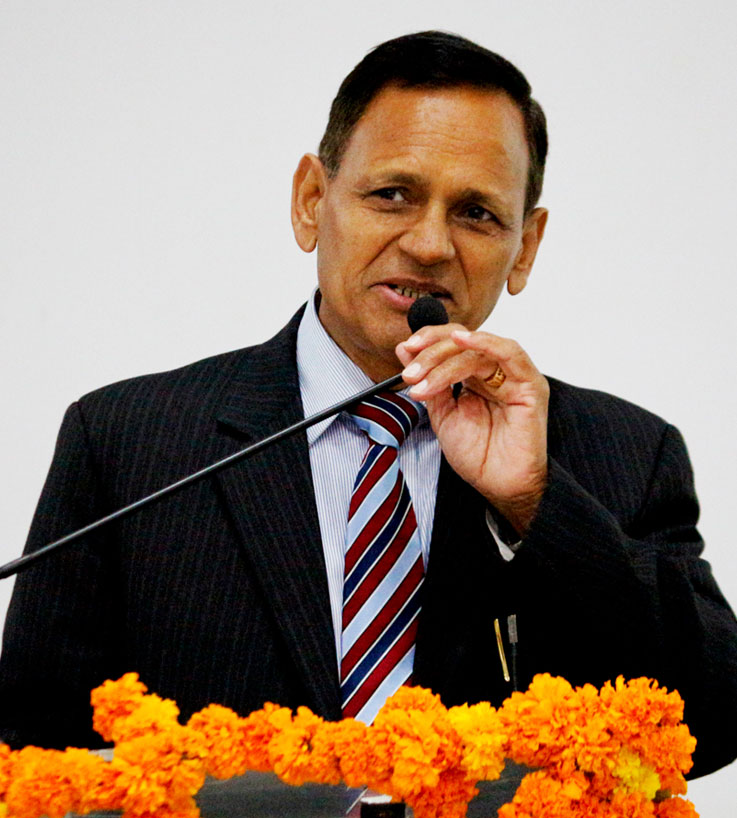
Mr. S. N. Joshi
From The Chairman's Desk
Knowledge is deep-rooted in the Indian culture. From the era of the Upanishads, the great sages and saints of India, had realised the importance of knowledge (vidhya). They concluded that the only way to get the best and noble in life is through the acquisition of right knowledge. Prescribing the ways to gain that knowledge, they had the foresight and far-sight to declare that useful and true knowledge can only be gained with the involvement of the teachers, students and the society, parents included. This is what education gurus today call community learning or to put it a little differently, inclusive education. The great rishi of Kathopanishad, at the end of second chapter says:
ॐ सह नाववतु । सह नौ भुनक्तु । सह वीर्यं करवावहै ।
तेजस्वि नावधीतमस्तु मा विद्विषावहै ।
‘Let Him protect us (the teacher and the student). May He bless the Teacher and the Taught. Let us together study hard. May the knowledge acquired enlighten us. May we never hate any one.’
This brings us to a most important, though often overlooked aspect of education. A lot of us believe that a person who can read and write is well-educated. In other words, education and literacy are often used interchangeably. This cannot be more further from the truth. To be educated is to be knowledgeable, to be educated is to be enlightened, to be educated is to develop a set of moral beliefs, skills and values that shape us as individuals.
At Shikshankur, it will be our greatest endeavour to make education the heart and soul of each child.
